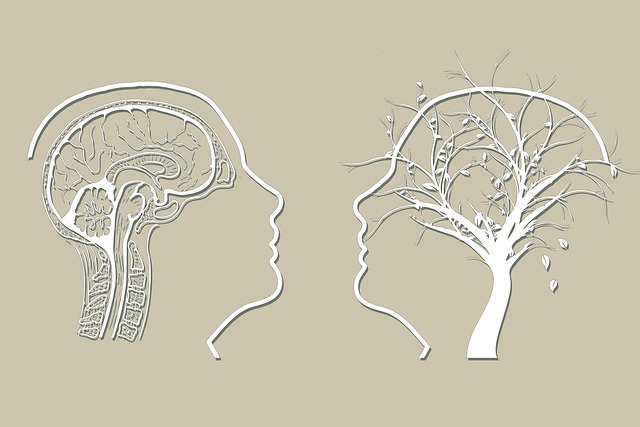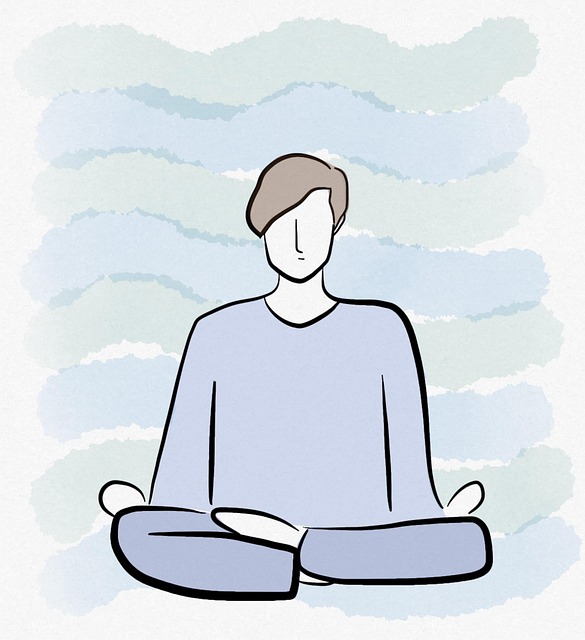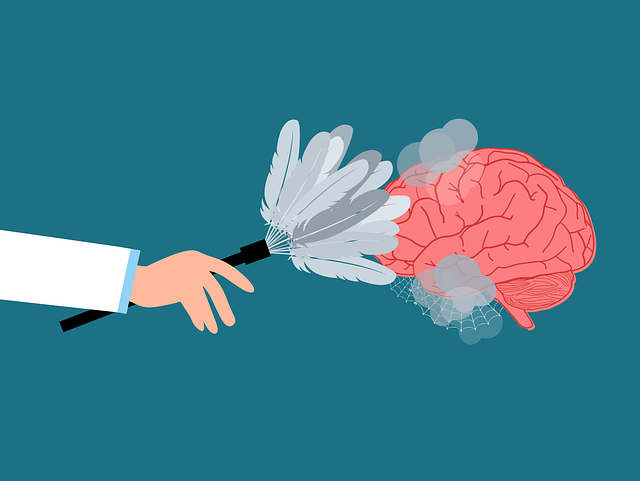Burnout among healthcare providers at Boulder Chronic Pain Therapy is a pressing issue due to stressful work environments and demanding patient care routines. Early recognition of symptoms like exhaustion, cynicism, and decreased efficacy is crucial. The holistic approach of Boulder Chronic Pain Therapy addresses chronic pain comprehensively, incorporating mindfulness meditation, physical therapy, and cognitive-behavioral therapy to reduce stress and improve patient outcomes. Mental health education programs, trauma support services, and risk assessment tools are vital for preventing burnout, promoting work-life balance, and enhancing job satisfaction. Open communication, peer support, and a supportive work environment foster resilience and address unique challenges faced by healthcare professionals in managing complex cases.
In the fast-paced world of healthcare, burnout among providers is a growing concern. This comprehensive guide explores effective strategies to combat fatigue, offering insights into prevention as a holistic approach. From understanding the root causes, such as chronic pain management, to implementing practices that build resilience and promote work-life balance, we delve into actionable solutions. Additionally, we highlight the power of supportive peer connections and unique initiatives like Boulder Chronic Pain Therapy in fostering a healthier work environment, ensuring healthcare providers can thrive.
- Understanding Burnout Among Healthcare Providers
- Boulder Chronic Pain Therapy: A Holistic Approach to Prevention
- Strategies for Building Resilience and Work-Life Balance
- Fostering a Supportive Work Environment and Peer Connection
Understanding Burnout Among Healthcare Providers

Burnout among healthcare providers is a growing concern, with high-stress work environments and demanding patient care routines contributing to significant mental health challenges. In Boulder Chronic Pain Therapy’s experience, burnout rates are alarmingly high, affecting not just doctors and nurses but also support staff who play vital roles in patient well-being. Recognizing burnout at its early stages is crucial, as it can manifest as physical and emotional exhaustion, cynicism towards work, and reduced professional efficacy.
Healthcare professionals often put patients’ needs before their own, leading to compromised mental wellness and positive thinking. Strategies to combat this include cultivating inner strength through mindfulness practices, stress management techniques, and seeking support from peers or professional counselors. Fostering a culture that values and prioritizes mental health is essential, encouraging open dialogue about the pressures faced in healthcare settings.
Boulder Chronic Pain Therapy: A Holistic Approach to Prevention

Boulder Chronic Pain Therapy offers a holistic approach to preventing burnout among healthcare providers by addressing chronic pain and its associated symptoms in a comprehensive manner. This approach goes beyond traditional medical treatments, incorporating techniques such as mindfulness meditation, physical therapy, and cognitive-behavioral therapy. By focusing on the mind-body connection, Boulder Chronic Pain Therapy helps healthcare professionals build resilience, cultivate positive thinking, and manage their moods more effectively. These strategies not only alleviate personal stress but also improve patient outcomes by enhancing the quality of care provided.
The holistic nature of Boulder Chronic Pain Therapy enables healthcare providers to develop sustainable coping mechanisms that prevent burnout in the long term. Through tailored treatment plans, individuals can learn to navigate chronic pain and associated challenges with greater ease, ensuring they remain engaged and passionate about their work. By prioritizing both physical and mental well-being, this approach empowers healthcare professionals to continue offering exceptional care without succumbing to the demands of the profession.
Strategies for Building Resilience and Work-Life Balance

Healthcare providers often face high-stress environments and demanding workloads, which can lead to burnout if left unaddressed. Building resilience and achieving a healthy work-life balance are essential strategies to combat this issue. One effective approach is to incorporate mental health education programs designed specifically for healthcare professionals. These programs can equip them with coping mechanisms and stress management techniques, fostering a sense of well-being and equilibrium.
Additionally, trauma support services play a crucial role in preventing burnout. Many healthcare workers encounter traumatic situations regularly, and accessing specialized support can help them process these experiences. Implementing risk assessment tools for mental health professionals is another proactive measure. Regular evaluations can identify early signs of stress or burnout, enabling timely interventions and personalized strategies to enhance resilience and overall job satisfaction, such as those offered by Boulder Chronic Pain Therapy.
Fostering a Supportive Work Environment and Peer Connection

In the demanding field of healthcare, where professionals often juggle heavy caseloads and high-stress situations, fostering a supportive work environment is essential to burnout prevention strategies for healthcare providers, especially those specializing in Boulder Chronic Pain Therapy. Creating a culture that encourages open communication and peer connection can significantly enhance job satisfaction and overall well-being. When healthcare providers feel supported by their colleagues, they are better equipped to manage challenging patient cases and maintain a healthy work-life balance.
Peer connections play a pivotal role in burnout prevention, offering emotional support, mentorship, and a sense of community. This is particularly beneficial for specialists like Boulder Chronic Pain Therapy practitioners, who often face complex ethical dilemmas and demanding patient needs. By fostering an environment that promotes teamwork, collaboration, and peer recognition, healthcare facilities can boost morale, enhance job performance, and create a sustainable work setting for their employees.
Burnout among healthcare providers is a pressing issue, but with the right strategies, it can be mitigated. By adopting holistic approaches like Boulder Chronic Pain Therapy, which focuses on comprehensive wellness, professionals can enhance their resilience. Building work-life balance and fostering supportive peer connections within the workplace are also key to preventing burnout. These strategies not only benefit individual healthcare providers but also contribute to improved patient care and a more sustainable healthcare system.












